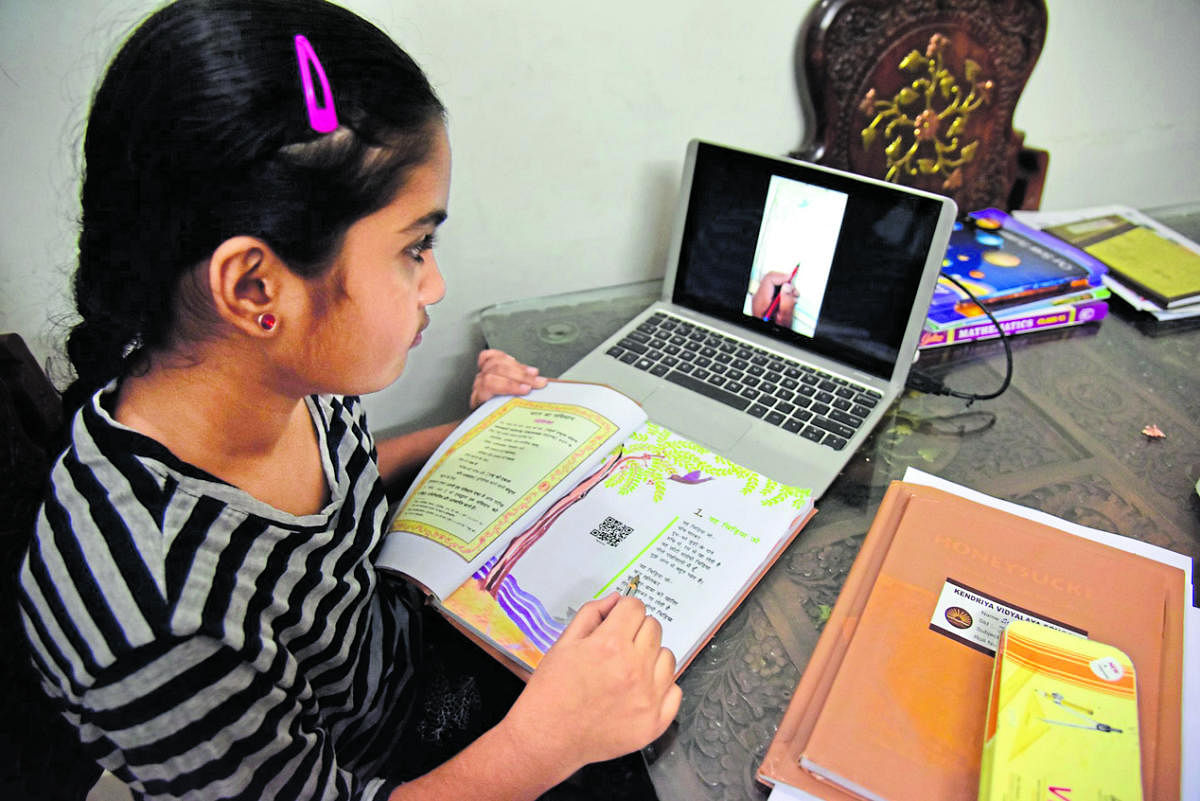The current mode of e-learning for students provides more than just the teaching-learning for students. In these uncertain times, the learning sessions provide a much needed sense of normalcy for the students, where they can see the familiar faces of their teachers and friends. This is especially true for the younger ones who may not be able to process the ramifications of the pandemic that has hit us. For a few hours in the day they have the comfort of interacting with a world they are familiar with.
Beyond providing a solution to ensure students keep up with the curriculum, implementing e-learning also provides some structure and purpose in students’ day at home. But, successful e-learning, depends also on the support from parents, besides of course the active involvement of students and teachers. Parents and other caregivers can offer some of the most important guidance students need to find the right online learning approaches, and provide extra help when needed.
Here are some important pointers for parents to understand online learning better and provide optimum support to their children:
There is a schedule: Children are provided with a schedule to help them plan and have a sense of normalcy. This schedule may not be that which was followed for the normal school but will be adapted for e-learning. Familiarise yourself with this schedule so you know what is going on in the academic calendar of your child.
Get to know the online learning platform: Parents must get to know the platform being used to conduct the e-learning classes. Especially the security features. Most platforms have these incorporated in the programme and security must be turned on. It is also important to install some security apps in the device to build additional layers of defense.
Communicate with teachers: This is a new ecosystem that has been implemented due to circumstances and feedback is important for the teaching community to understand issues, if there are any. Children, especially, the younger ones may not be able to express themselves. Also be patient and cooperate with teachers, as this is new for all of them.
Explore the subject: Help the child explore the subject beyond the syllabus. This is a good time to spend time with the child and together look at various aspects of the subject matter that will encourage the child to learn more deeply and will also give you a chance to understand your child’s likes, strengths and areas of improvement.
Do not forget physical development: As they say, “A healthy mind is a healthy body.” Most progressive schools have incorporated some fun activities for the students - yoga, zumba, dance etc. These are much needed not just for physical development but also to share some relaxed moments with the peer group. In addition to this if you can build some daily routine for physical activities, it will benefit the child in many ways - better sleep, stronger body and an overall improved health. There are many free resources available on the Internet also to help in this.
The current situation may last for some time but a few simple habits will help the child not just cope with the situation but build a much stronger resilience for the future.
(The author is CEO, Ryan International Group of Institutions)
